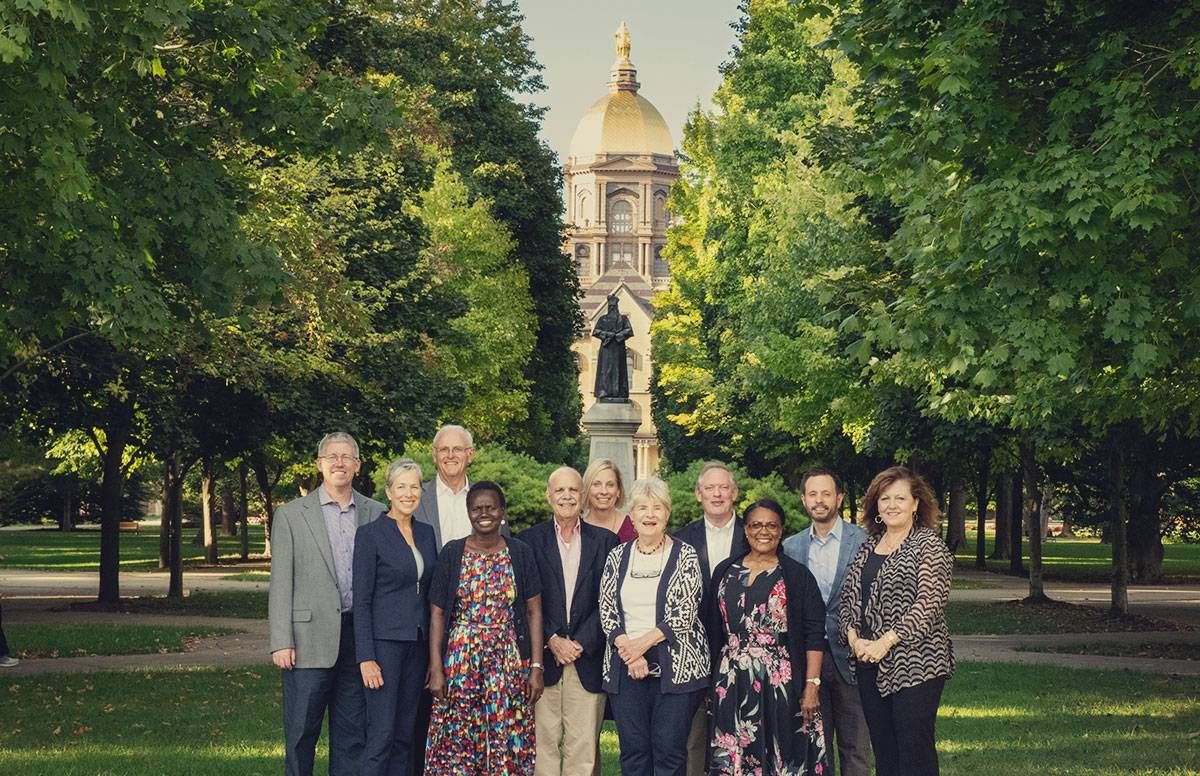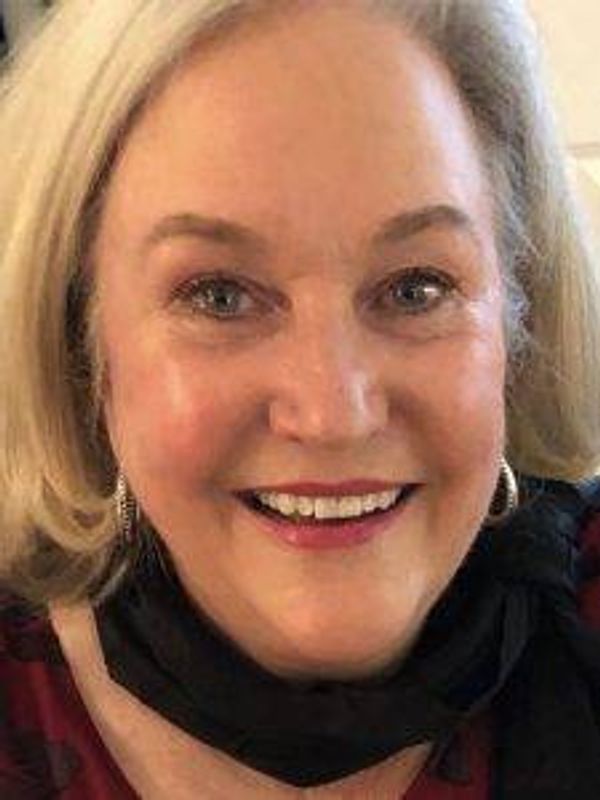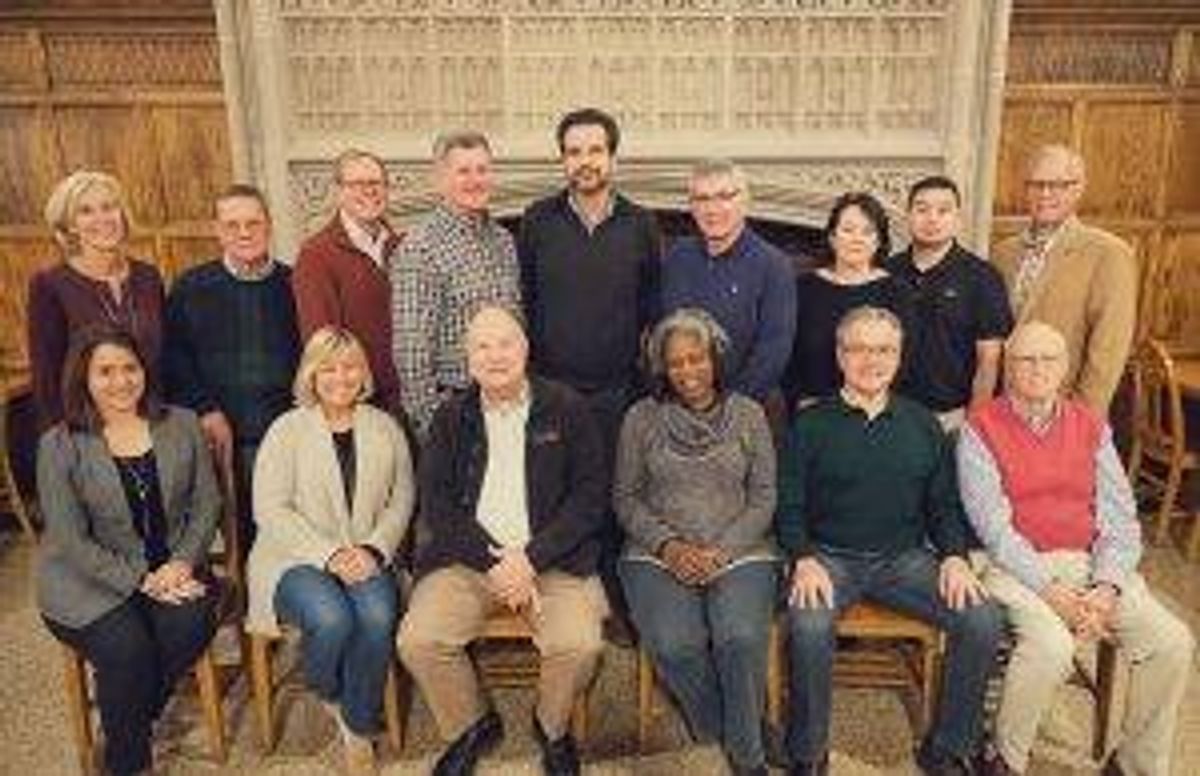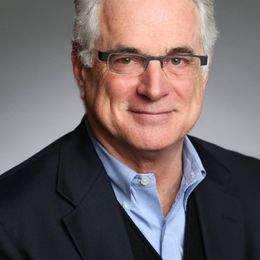College Programs for Encore Careers Are Bubbling Up
Going back to school to figure out your next chapter
Remember those exhausting, yet sometimes exhilarating, moments at college arguing over life’s existential questions with fellow students? What am I going to do with my life? How can we make a difference? Was Einstein right that God doesn’t play with dice? Is there a God? Will capitalism doom the planet? Jokes about altered states aside (please), those discussions were formative for many of us now in our 50s and 60s back in the day.

Higher education is still largely focused on students in their 20s and 30s. Yet with swelling numbers of boomers and Gen Xers deciding to stay employed, a growing number of colleges are offering ways to help experienced workers plot their encore careers. Two of the most notable entries: Notre Dame’s Inspired Leadership Initiative and the University of Minnesota’s Advanced Career Initiative.
“What can I do? I don’t want to retire. I don’t know where my skill set fits.”
"Eighteen-year-olds going to college get to ask existential questions. These are the same questions encore adults are asking,” says Kate Schaefers, executive director of the University of Minnesota’s program. “What is most interesting to our Fellows aren’t the skill-based classes, but the ones that help them figure out what comes next.”
'More to Life Than the Corporate Rat Race'
Count William Schenher among them. He had a nearly 20-year career in Silicon Valley at companies including Hewlett-Packard and Fujitsu America. Feeling that his time in the tech world had run its course, Schenher returned to his family hometown of Carmel, Ind. to think about his encore career. He took a year off and then started working at his local community center.
“I thought there was more to life than the corporate rat race,” Schenher says. “I knew there was more. But I wasn’t sure how to get there.”
By happenstance, while online, he noticed a link to Notre Dame’s Inspired Leadership program. Thirty days later, he was enrolled. The Initiative, now in its second year, is geared toward letting accomplished individuals at the end of their current careers spend an academic year at Notre Dame and think about what comes next. The 15 Fellows take classes and learn from each other.
I met Schenher when visiting with the Fellows last September and, during a follow-up interview, he described how much he learned from talking over meaningful issues with other Fellows. “Everyone is still seeking, in their own way. It’s interesting to learn what they are thinking,” he says.
Schenher’s main interest for his encore is addressing climate change. Next semester, he’s taking a class on that topic. He has also come to realize that he wants to create a portfolio of activities during his encore career. For instance, he likes mentoring. The journey to combine purpose and a paycheck is getting clearer. “This is what I was looking for,” he reflects.
Pivots, Tweaks and Testing

Meg Meyers agrees with Schenher’s sentiment. She is enrolled in the University of Minnesota’s Advanced Career Initiative. Meyers was a maternal-child nurse for 15 years after earning her Bachelor in Nursing from the University of Minnesota. The following 25 years, she worked alongside her husband in residential sales at Edina Realty in the Twin Cities. When her husband started thinking about retirement, Meyers wondered what she might do next. Real estate wasn’t her first passion.
But she recalls struggling with writing her next chapter, thinking: “What can I do? I don’t want to retire. I don’t know where my skill set fits.”
Meyers thought the Advanced Career program might help her figure things out. She now laughs about how that wasn’t a realistic expectation.
Phyllis Moen, the program’s founding director, convinced her that there will be pivots, tweaks and testing out of ideas for people embarking on encores. “This took away the fear of not making the right decision,” Meyers says.
Drawing on her background, she’s now pondering an encore at the intersection of health care and housing. And she, too, is glad to see others are on a similar quest at this point in their lives. “I thought I was the only one in the world that didn’t want to retire and move to Florida,” Meyers says. “I would be busy if I moved to Florida. But I want to be productive. I really want a purpose.”
What Encore Career College Programs Cost
Programs like Notre Dame’s and the University of Minnesota’s are intriguing, but remain relatively small in number, scattered and mostly elite.
Among the best known are a handful of expensive programs at places like Harvard, Stanford, the University of Texas, Austin, and Notre Dame, which typically cost $50,000 to $60,000.
Lower-cost programs have emerged at places like Union Theological Seminary in New York City ($3,000) and University of Minnesota’s ($16,000).
A Lifetime Learning Account
An intriguing experiment was recently announced at Grand Valley State University in Grand Rapids, Mich. During her investiture address in November, 2019, Philomena Mantella, the school’s fifth president, said the new Laker Lifetime Learning Account, coming in May 2020, would offer money to alumni for their continuing education throughout their careers.
"The Laker Lifetime Learning Account will be available for Lakers to reduce costs and improve access to badges, certificates and advanced degrees at Grand Valley," she said.
A "multiversity," rather than a university.
Encore careers pioneers are actively working at expanding the number of offerings throughout higher education. They’re attending higher education conferences to spread the word and forming a group to share information. "These programs get to the convergence of purpose and money, and people are looking for it," says Thomas Schreier, Jr., founder of Notre Dame's program.
Still, progress is slow for a variety of reasons, including steep startup costs and the need for active support from school leadership.
Big Demand, Fairly Small Supply

What’s frustrating is that the demand is clearly there. Merrill Lynch and Age Wave found that nearly three out of five working retirees they surveyed said retirement was an opportunity to transition to a different line of work.
“With people living longer, more adults are turning to continued education for both personal enrichment and to learn new skills,” notes the recently published AARP report, The Longevity Economic Outlook. “Providing programs tailored to their interests and needs is a promising opportunity for both the public and private sectors, while updating the skillsets of the 50-plus cohort will give them added credibility in a competitive workplace.”
Here’s the thing: Lifelong learning is no longer a catchphrase, but an economic imperative driven by two fundamental shifts in society.
2 Shifts Driving Lifelong Learning
First is the demographics of aging. Thanks to longer, healthier life spans, on average, the Class of 2020 can reasonably anticipate 60-to 70-year careers.
Second, the rise of powerful software, artificial intelligence and automation will hike the demand for workers with the ability to learn skills, especially social skills like empathy that machines can’t replicate and where experienced workers have a competitive edge.
“The future university may need to be a very different creature than in the past. It may need to cater for multiple entry points along the age distribution, rather than focusing on the young,” writes Andrew Haldane, chief economist at the Bank of England. “It would, in short, need to be plural rather than singular — a 'multiversity,' rather than a university.”
Haldane is spot on, although higher education leaders aren’t paying enough attention to the need for colleges to become multigenerational institutions of learning. The future is coming too slowly with an experiment here and there.


